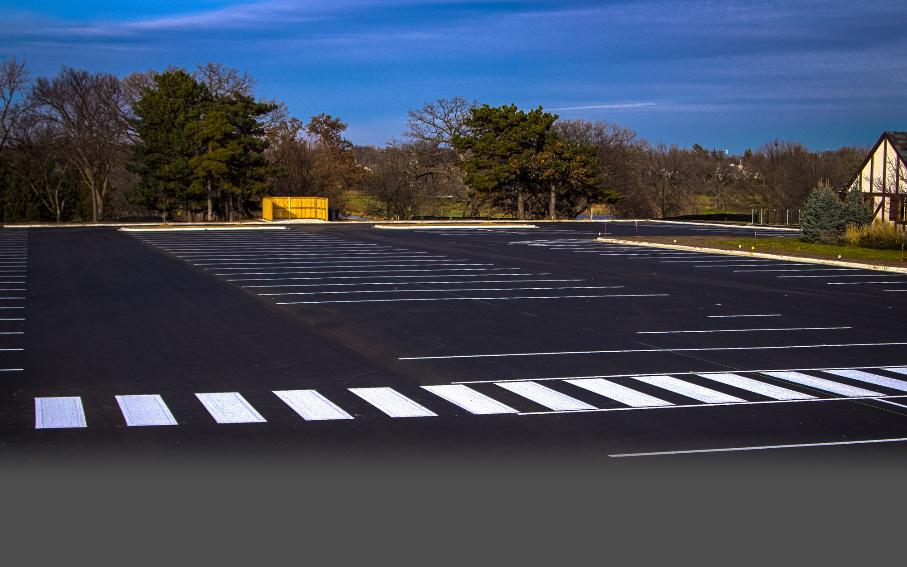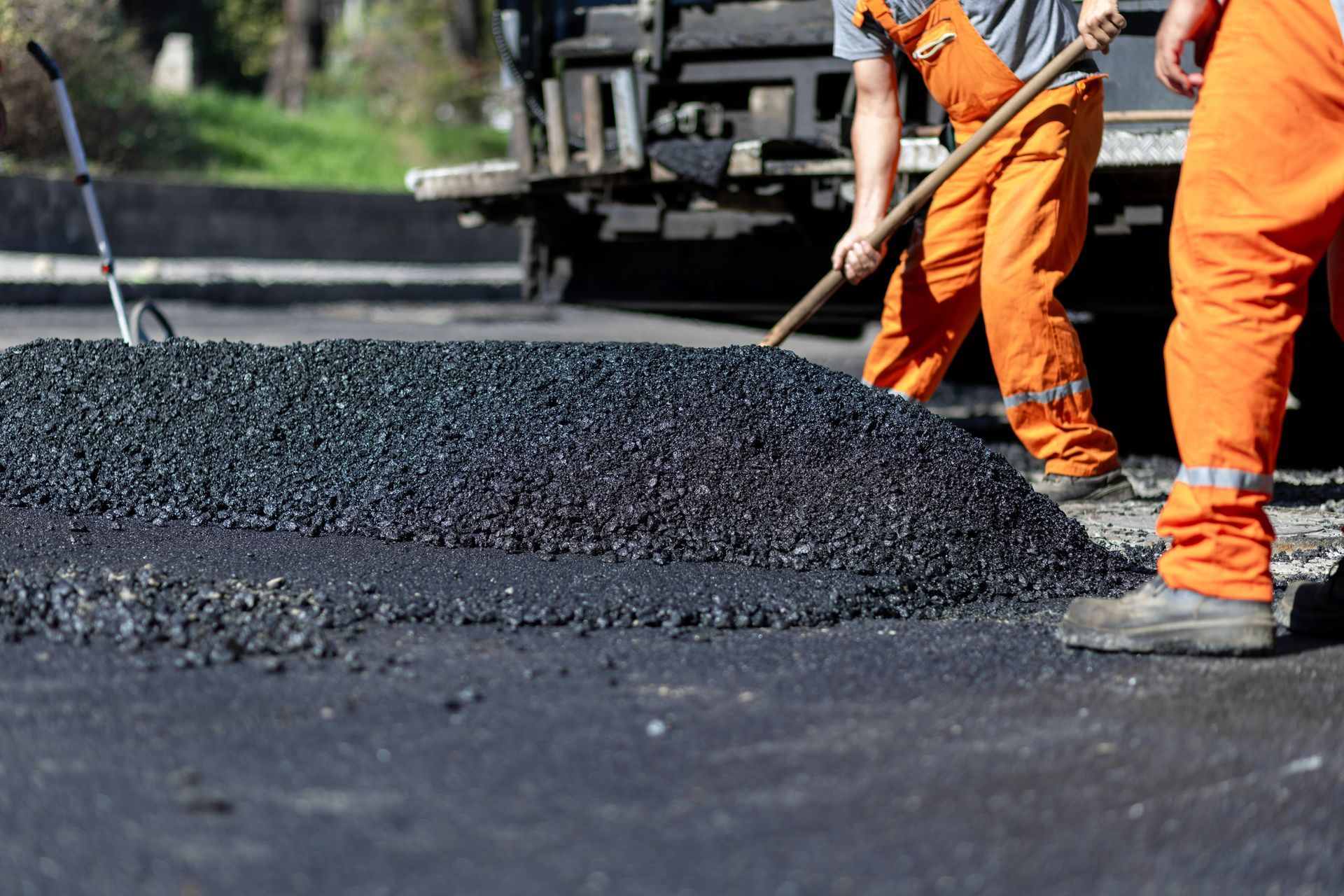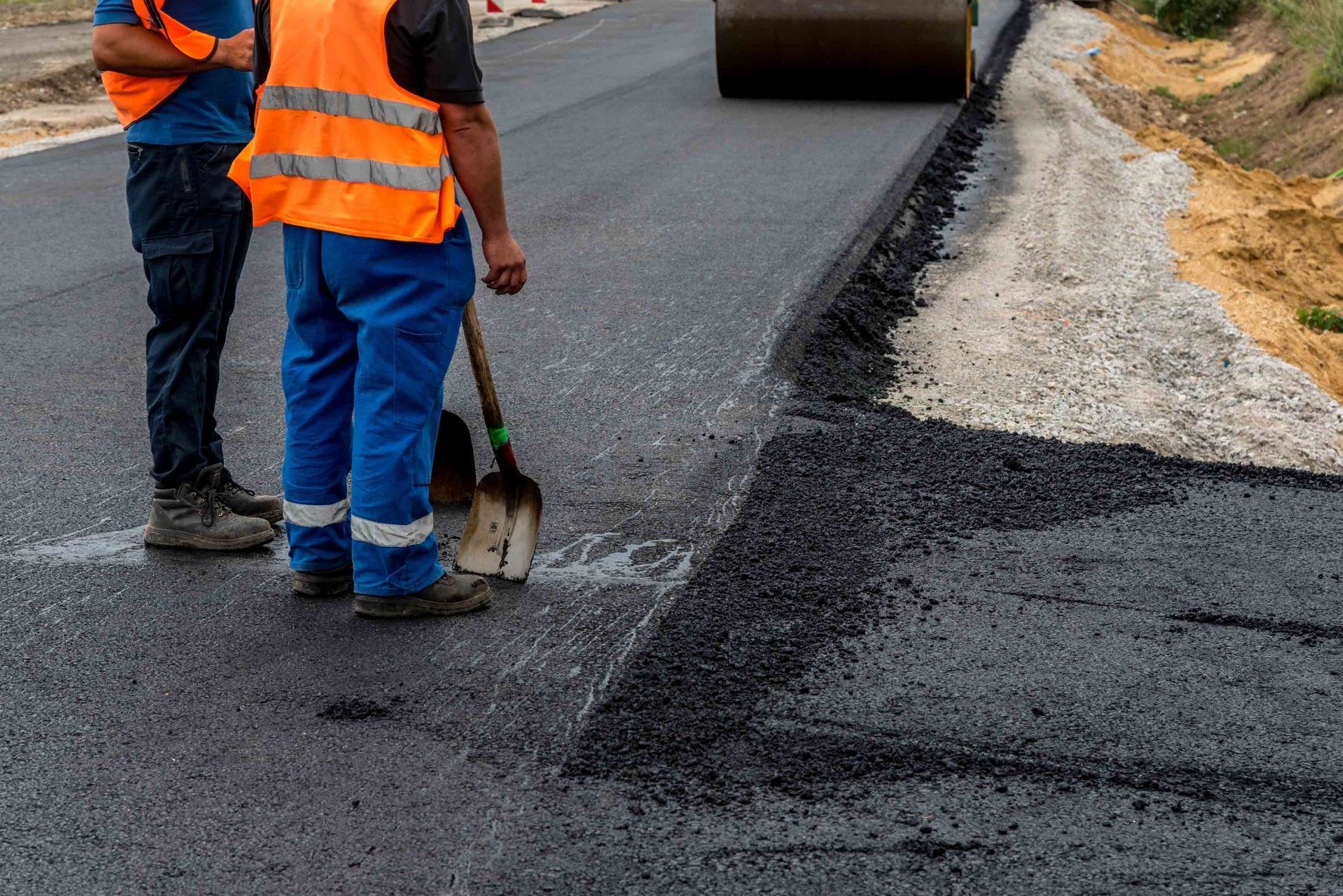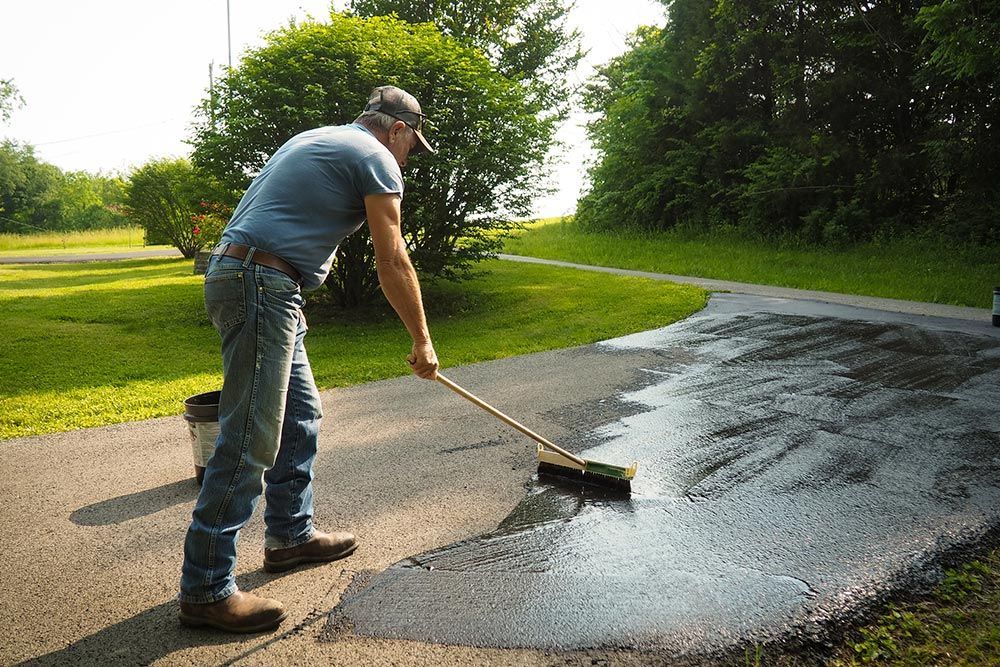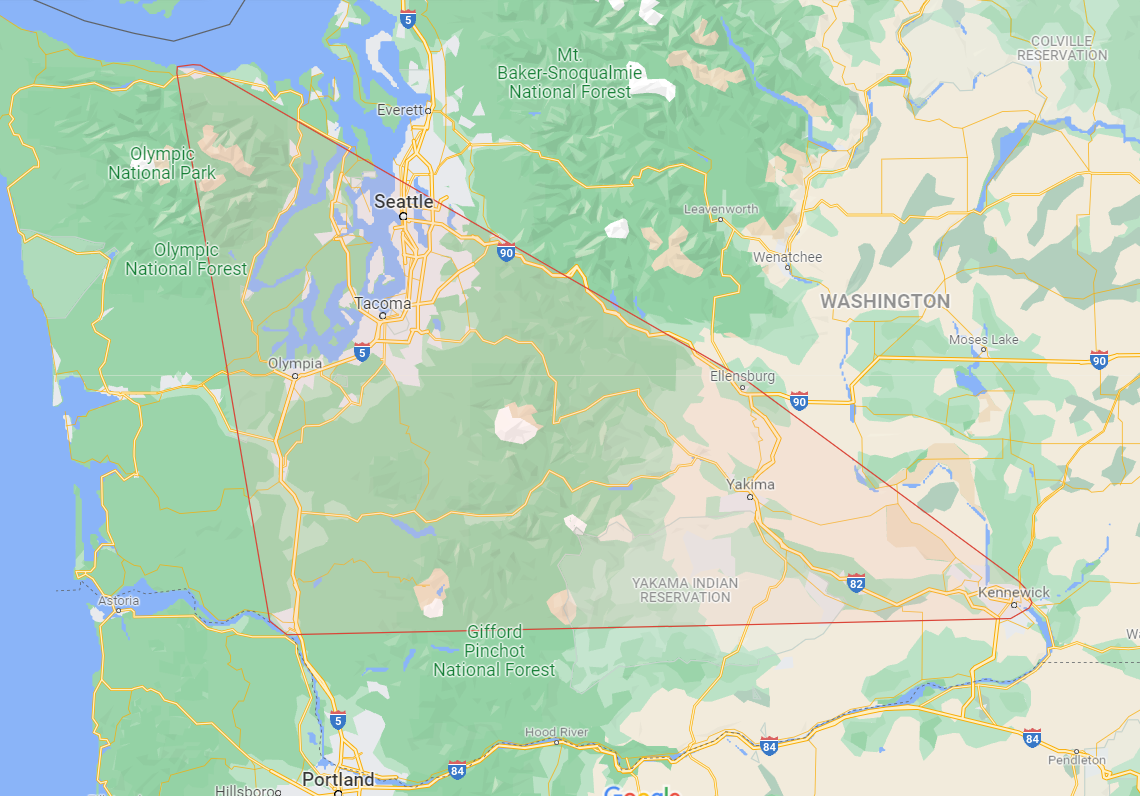4 Types of Compaction Forces
This is a subtitle for your new post
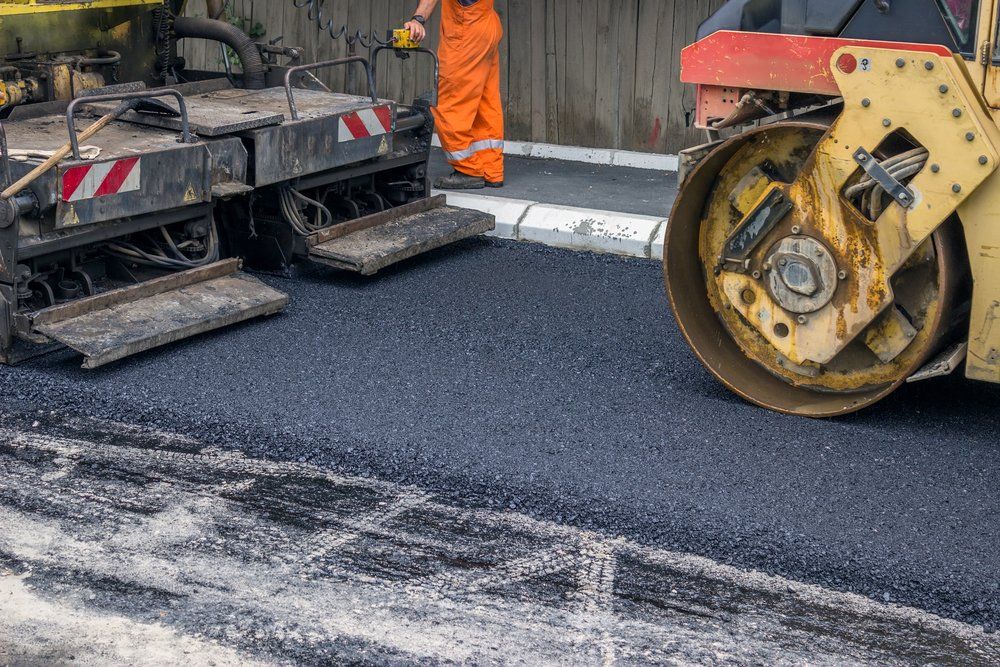
Compaction lies at the heart of every paving project, whether you're using asphalt or concrete. In the case of asphalt,compaction helps to ensure
a tight, smooth surface. However,even before asphalt or concrete can be placed, the underlying ground must be evenly compacted. This process
ensures a stable foundation and prevents problems that might otherwise occur as the result of shifting soil density.
Paving contractors carry out the process of compaction using heavy-duty machines appropriately known as compactors. But not all compactors
are the same. These machines may differ in terms of the particular types of compaction forces they utilize.
This article will help to further your understanding of paving installation by discussing the four types of compaction forces used to ensure stable,
long-lasting paving results
1. Static Pressure
Static pressure is the most basic form of compaction. Virtually all objects exert some degree of static pressure compaction. The greater a particular weight, the more static pressure it will exert. Therefore,a human will only exert a fraction of the static pressure of a compacting machine, which can easily weigh upward of 19 metric tons.
Static pressure creates shear stresses. A shear stress acts to cause particles to slide across one another, forming tighter and more stable configurations. But static pressure doesn't work equally at all depths. It holds the most power at the surface and at shallow depths, but it will do relatively little when it comes to deeper soil.
2. Manipulation
Manipulation,also sometimes referred to as kneading,acts to compress materials at a greater depth. It does so by reducing the surface area at
each particular point of compaction. This enables the compactor to exert a more localized - and hence greater - amount of force in each particular
area.
The best example of manipulation as a compaction force comes in the form of so-called sheepsfoot compactors. Standard compactors consist of
a smooth metal drum. A sheepsfoot compactor, on the other hand,consists of a drum studded with protrusions. These act to knead the soil more
intensely, which produces deeper and more efficient compaction.
Sheepsfoot compactors are used exclusively for compacting soil. A second type of compactor that uses manipulation is a pneumatic roller. Rather
than a single drum,a pneumatic roller consists of a row of closely spaced but independent roller wheels. Pneumatic rollers are suitable for
compacting both soil and asphalt.
3. Impact
Both static pressure and manipulation harness the power of gravity to accomplish compaction. Impact compaction takes a more proactive
approach. Here, the compactor literally hits the surface of the ground. This contact increases the amount of force it exerts. It also sends a
localized pressure wave straight down into the ground.
Numerous types ofcompactors harness impact forces - fromsimple handheld rammers to vehicle-mounted hydraulic hammers. Allsuch
compactors produceimpacts in fast,continuous sequences. For this reason, you can generally find impactcompactors rated in terms ofthe
number of blows per minute.
4. Vibration
Vibration forces are closely related to impact forces. In fact, the two can be easily confused. Where impact compaction involves forces that move
straight down, vibration compaction consists of pressure waves that spread out through the ground in all directions. Vibratory compactors induce
this type of force through the use of eccentric weights.
Vibratory compactors differ from one another according to a number of different metrics. Amplitude expresses the vertical distance traveled by
the vibrating drum. Meanwhile, frequency designates the number of times that the internal eccentric weight revolves in a set period of time.
Manufacturers express this value in terms of vibrations per minute.
As you can see,compaction can be accomplished in a variety of different ways. An experienced contractor knows what type of compaction to
use in any given situation. For more information about the types of compaction forces best suited for your next paving project, please call the
expert team at Sealtech Asphalt
